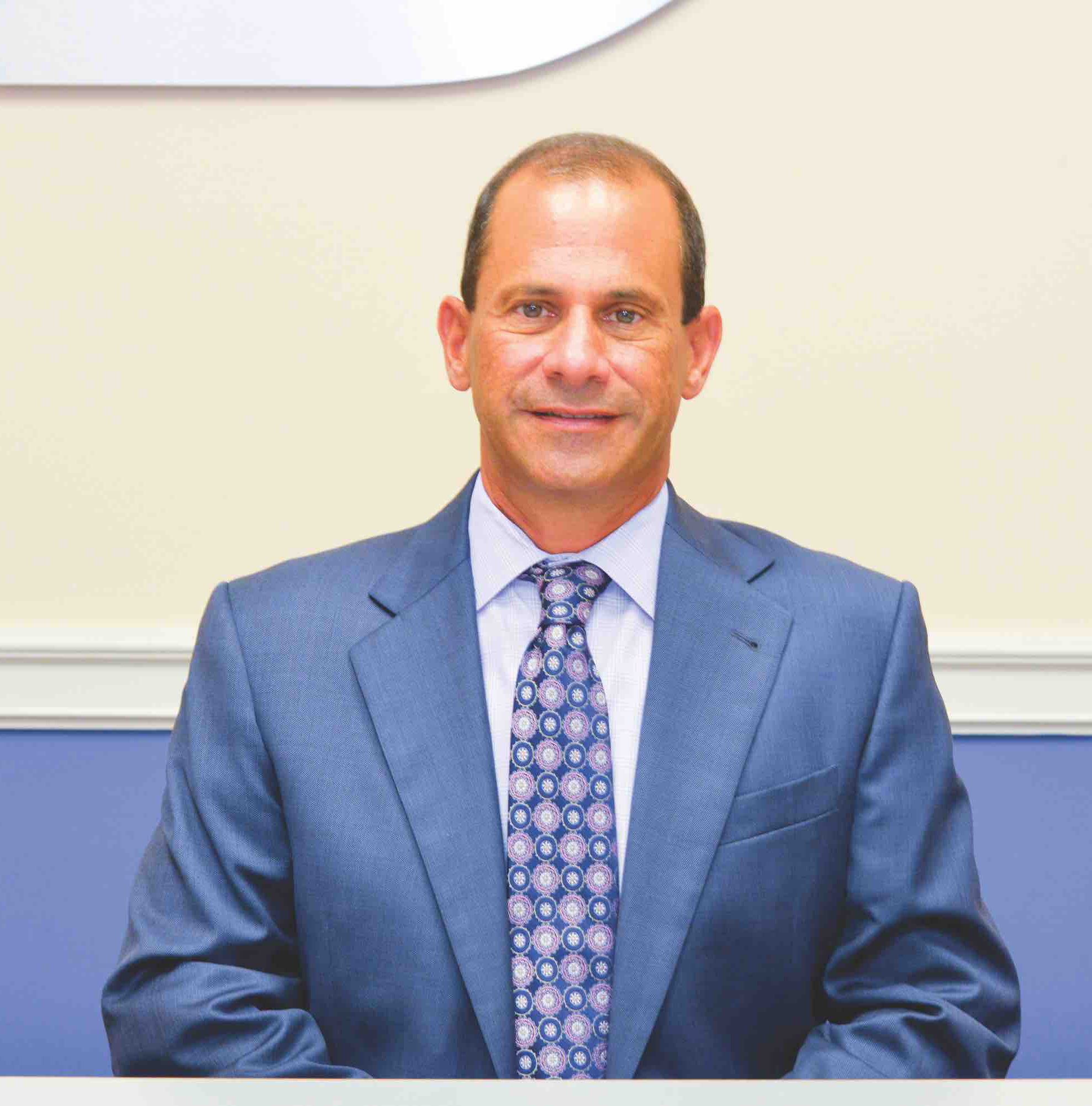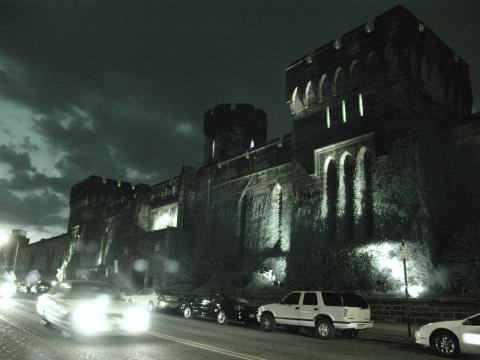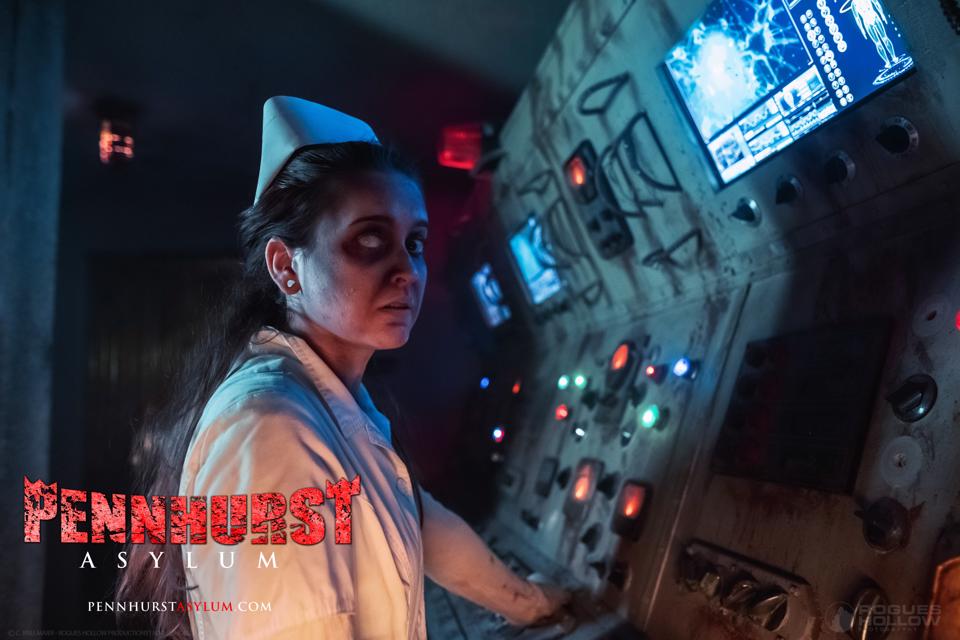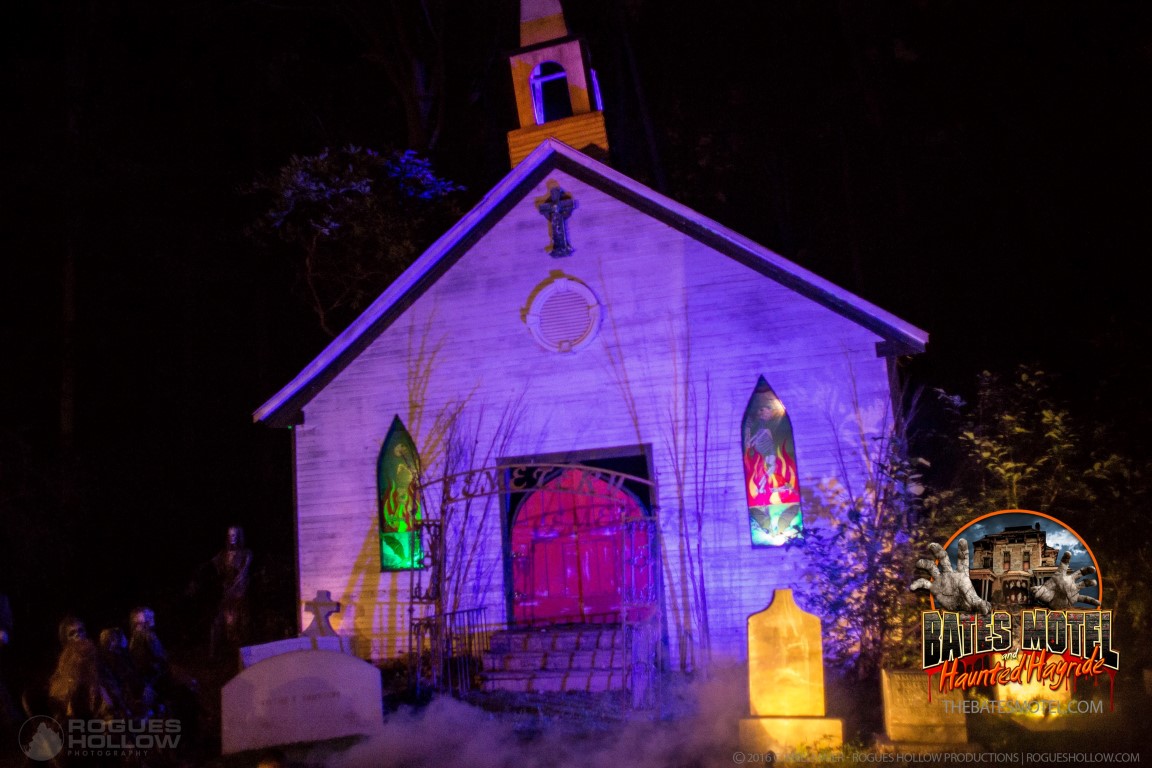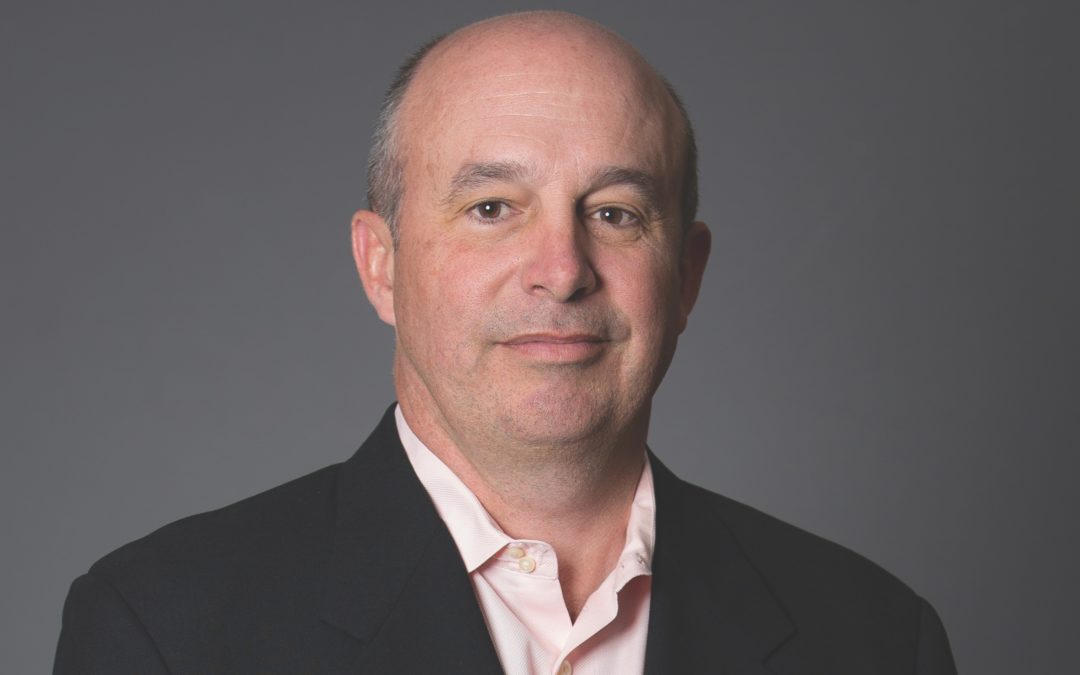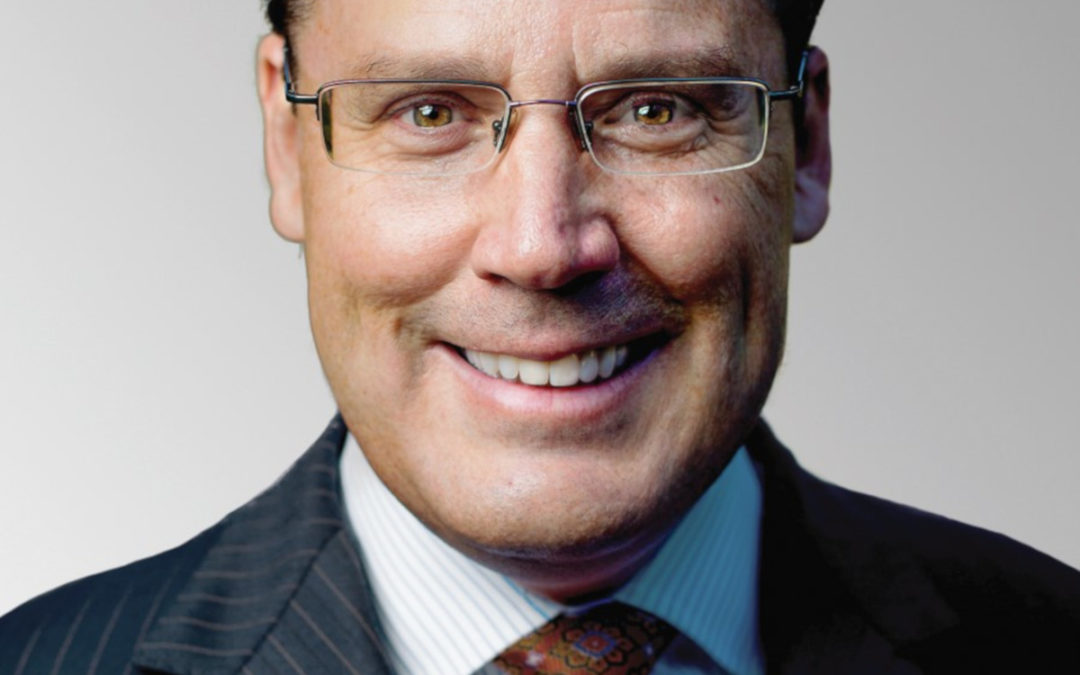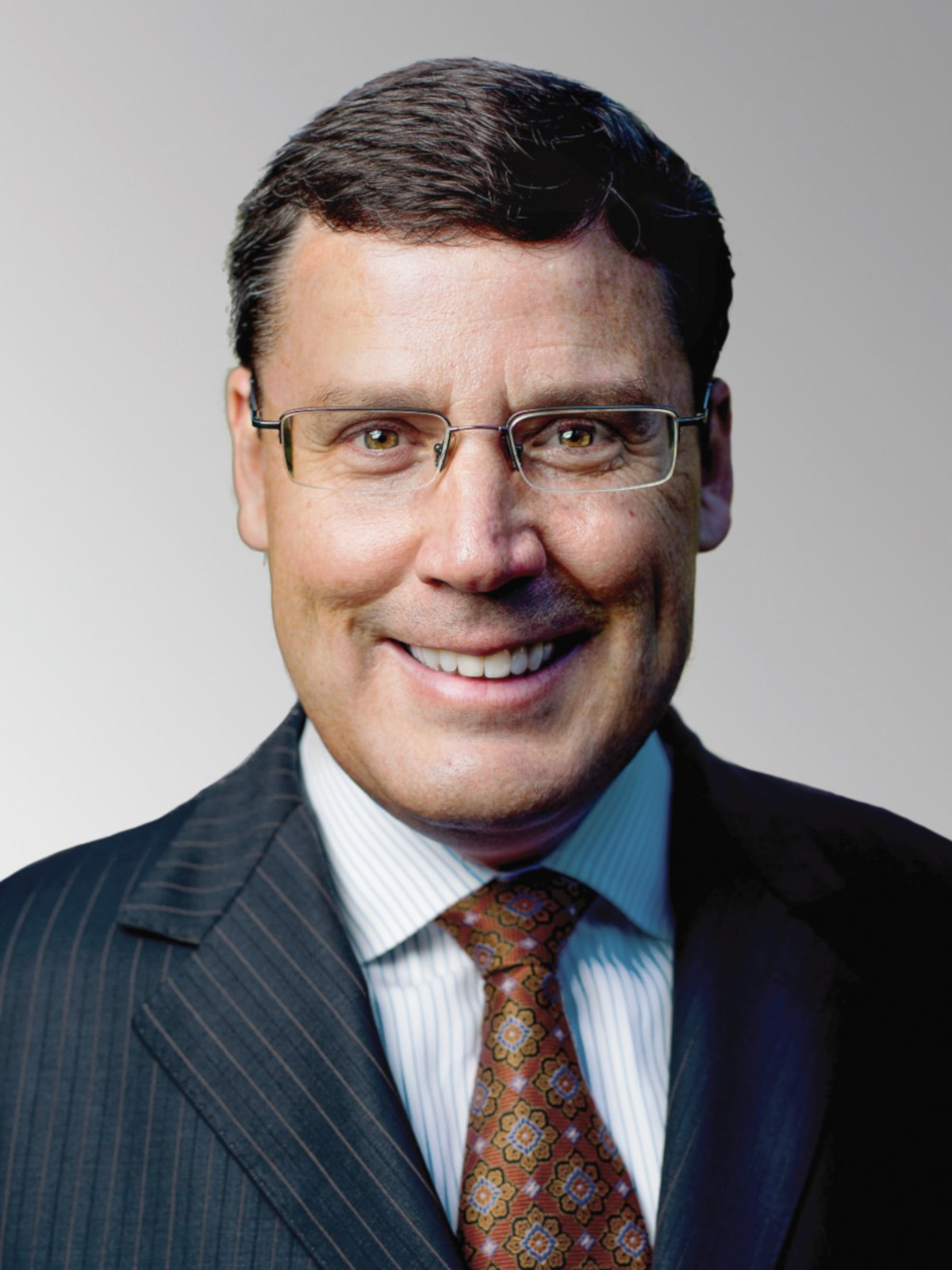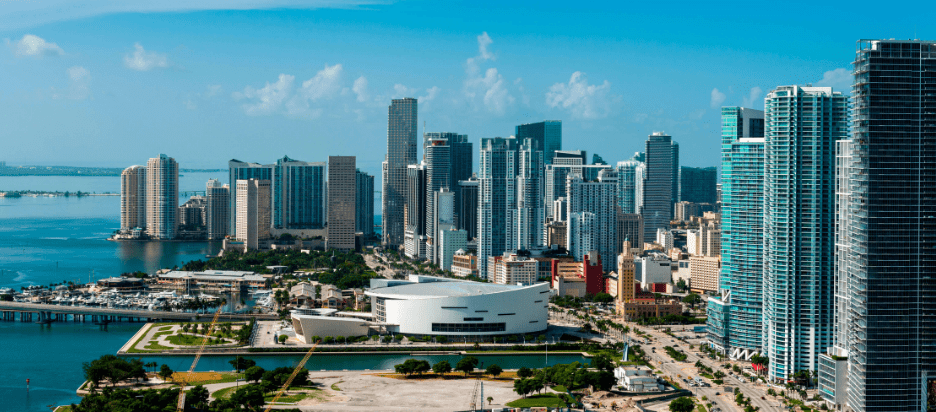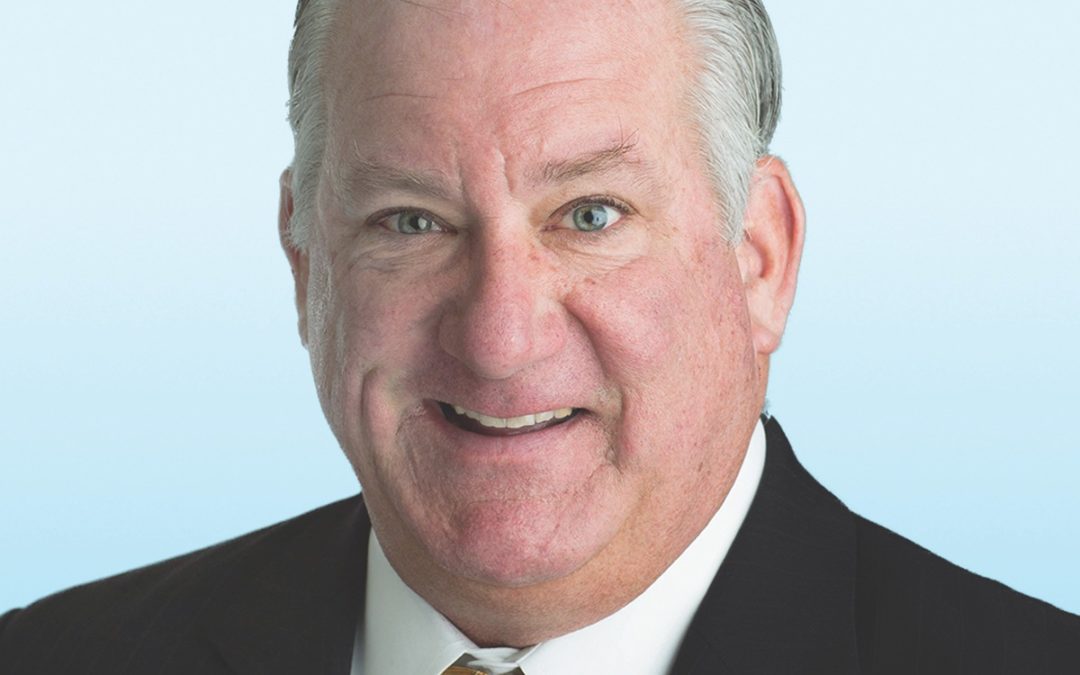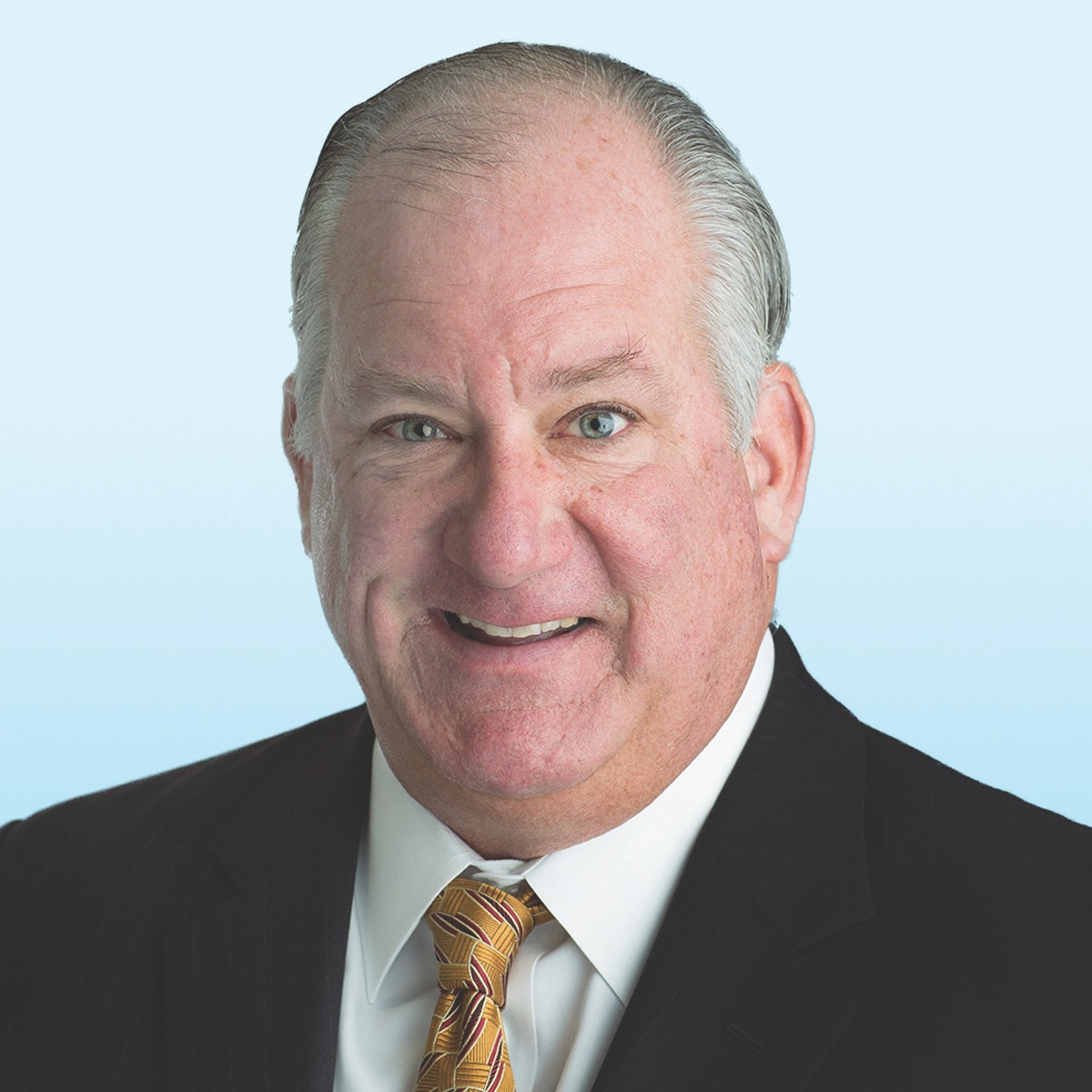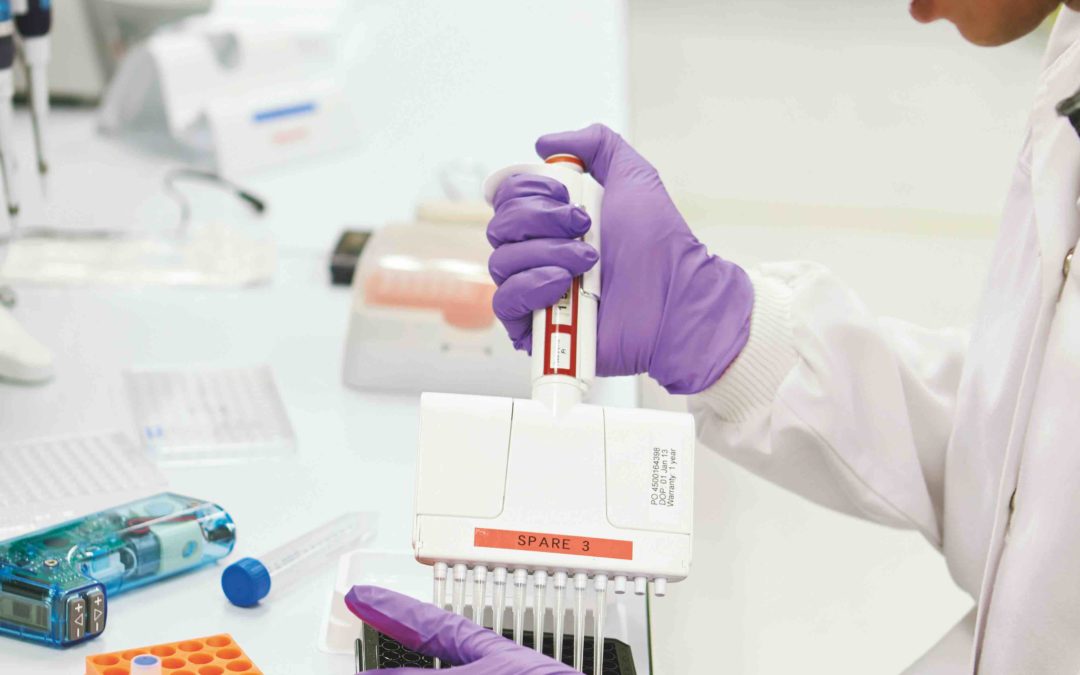
Philly Bets Big on Biotech
By: Sara Warden
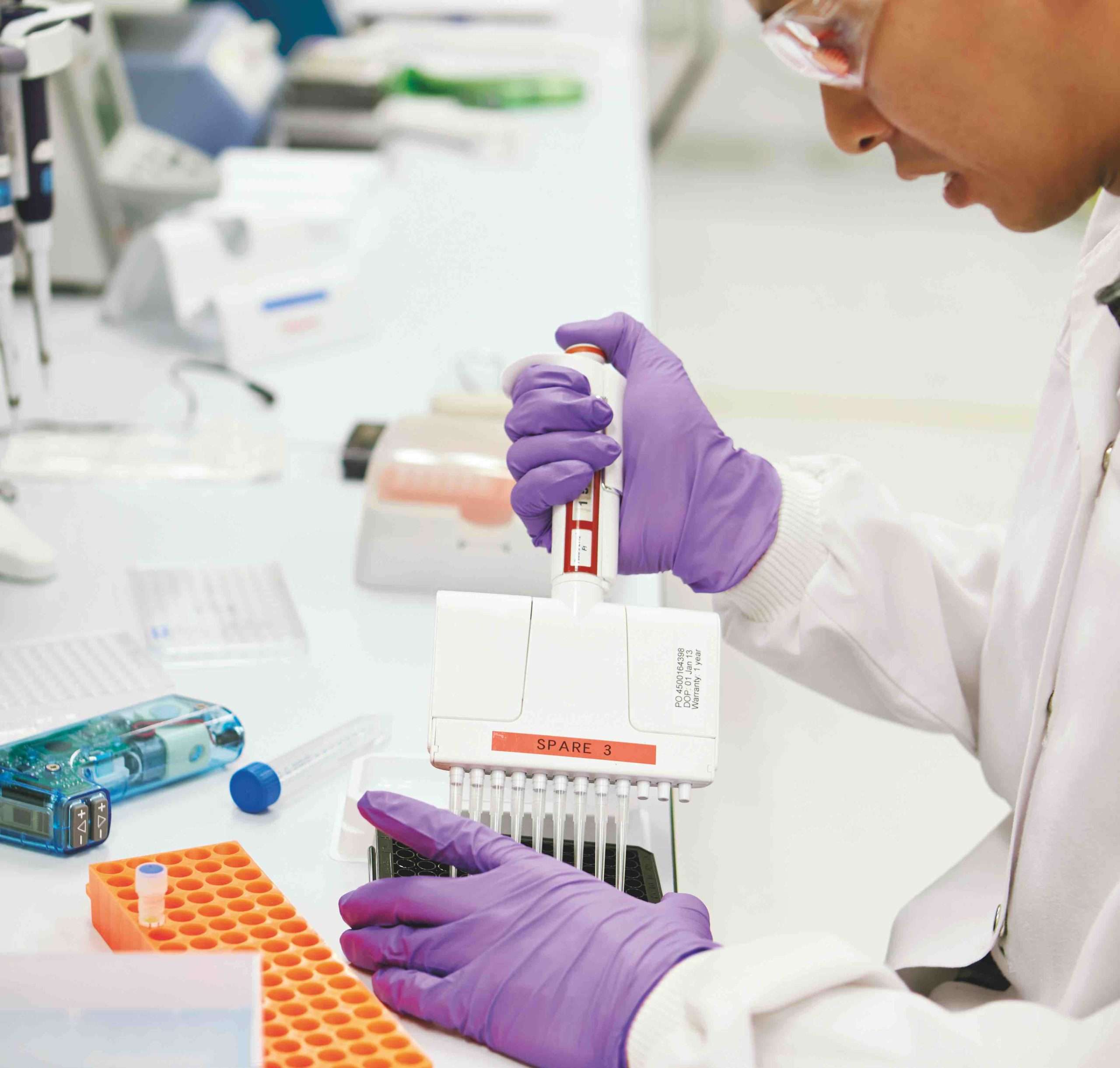
2 min read December 2019 — The biotech industry is unlike almost any other. Companies spend billions of dollars in drug development that can end in failure, generate little to no revenue but can still be worth billions of dollars. According to Toptal Finance, almost 80% of the companies listed on the Nasdaq Biotech Index (NBI) – around 150 – have no earnings, but they represent over $250 billion in market capitalization.
The average venture investment in biotech has more than doubled over the past decade, from $4.6 billion in 2005 to $12.9 billion in 2015. Why? Because when a biotech company wins, it wins big. And Philadelphia is one of the cities channeling its energies into attracting biotech investment.
“In general, we are punching below our weight,” said Dean Miller, the president of the Philadelphia Alliance for Capital and Technologies (PACT), during the Regional Biotech Conference hosted by the Pennsylvania Biotechnology Center last month.
In 2018, Philadelphia made it into the Top 10 ranking in the country in terms of most venture capital deals completed with 214, amounting to around $1.4 billion. During the first nine months of 2019, the number stood at 178. About 80% of VC is from other regions, said Miller, but “that’s not a big thing because capital is portable,” he added.
But Miller believes the $50 million Hatch BioFund life science incubator, established in July, will turn that trend around and allow Philadelphia-based companies to invest more in life sciences. “Entrepreneurs selected for the investment program will have the opportunity to be part of a highly successful ecosystem of support, resources, collaboration and knowledge sharing. We have tremendous talent and knowledge in our network, and are excited to bring the ideas and science that are incubating to the forefront of the life sciences industry,” said Vladimir Walko, CEO of Hatch Management, in a press release.
Another factor that boosts the sector is the fact that more and more companies are moving to the city daily as they can see the benefits it provides as a biotech hub. The latest to move to Philadelphia is Diverse Biotech, a biopharmaceutical company developing cannabidoil therapeutics for hard-to-treat cancers, including basal cell carcinoma, pancreatic cancer and glioblastoma.
The Pennsylvania Biotechnology Center, which opened in 2006, is one of the primary reasons why the company decided to make the move. Already home to a network of around 50 biotechnology, pharmaceutical and medical devices companies, Stella Vnook, Diverse Biotech’s CEO, said in an interview with the Philadelphia Business Journal that the center is “truly a tremendous scientific community and a perfect place for Diverse Biotech to continue its growth journey.”
Bradley Campbell, president and chief operations officer of Philadelphia-based Amicus Therapeutics, said innovation, talent and like-minded companies make the city one of the best places to set down roots for biotech companies. “We could’ve gone to Silicon Valley or to Cambridge, anywhere in the world really, but it was clear to us that we needed to be near the momentum, that spark of innovation, the entrepreneurship, the acquisitions, the medical centers — Penn, Temple, and Drexel, all right here in Philadelphia,” he told Philly Mag. “Being in proximity to so much innovation has been amazing for us.”
To learn more, visit:


